

Looking to buy bolts and washers? This guide offers a detailed overview of different types of bolts and washers, materials they are made from, key considerations for choosing the right fasteners, and where to buy bolts and washers from reputable suppliers. It covers everything from understanding thread types to selecting the appropriate finish for your application.Understanding Bolts: A Detailed OverviewBolts are externally threaded fasteners designed for insertion through holes in assembled parts, and are normally intended to be tightened or released by torquing a nut. Understanding the different types of bolts available is crucial for ensuring you select the right one for your project. Here's a look at some common types:Types of Bolts Hex Bolts: The most common type, featuring a hexagonal head. They're used in a wide range of applications. Carriage Bolts: Designed with a smooth, rounded head and a square shoulder that prevents rotation when tightened. Commonly used in wood applications. Flange Bolts: Feature a built-in washer under the head, distributing the clamping load and eliminating the need for a separate washer. Eye Bolts: Have a looped head, used for attaching cables or ropes for lifting or securing objects. U-Bolts: Shaped like the letter 'U,' used to secure pipes or other round objects to a surface.Bolt MaterialsThe material of a bolt significantly impacts its strength, corrosion resistance, and overall suitability for a particular application. Consider these common options when you buy bolts and washers: Steel: A versatile and cost-effective option. Different grades of steel offer varying tensile strengths. Stainless Steel: Offers excellent corrosion resistance, making it ideal for outdoor or marine applications. Grades like 304 and 316 stainless steel are commonly used. Alloy Steel: Offers enhanced strength and durability compared to carbon steel. Often heat-treated for increased hardness. Brass: Provides good corrosion resistance and is often used in electrical applications.Bolt Thread TypesUnderstanding bolt thread types is essential for compatibility with nuts and tapped holes. Here are the main thread standards: Unified National Coarse (UNC): The most common thread type. Unified National Fine (UNF): Offers a tighter hold and greater tensile strength compared to UNC. Metric Coarse: The standard thread type in metric applications. Metric Fine: Provides a finer pitch for increased precision and strength in metric applications.Always check the specifications of your project or application to determine the correct thread type.Washers: Function and TypesWashers are thin, plate-like components typically used in conjunction with bolts and nuts. They serve several crucial functions: Distribute the load: Washers spread the clamping force of the bolt and nut over a larger area, preventing damage to the surface being fastened. Prevent loosening: Certain types of washers, such as lock washers, are designed to prevent the nut from loosening due to vibration or movement. Provide a smooth surface: Washers can create a smoother bearing surface for the nut, ensuring more consistent torque. Insulation: Some washers can provide electrical insulation.Types of Washers Flat Washers: The most basic type, used to distribute load and prevent damage. Lock Washers: Designed to prevent loosening. Common types include split lock washers and toothed lock washers. Fender Washers: Have a larger outer diameter than standard flat washers, providing greater load distribution. Belleville Washers (Disc Springs): Conical shaped washers that provide a spring force when compressed, used to maintain tension. Shoulder Washers: Designed to insulate screws or bolts from metal surfaces.Washer MaterialsSimilar to bolts, the material of a washer is critical for its performance and longevity. Common materials include: Steel: A general-purpose option, often used with steel bolts. Stainless Steel: Provides excellent corrosion resistance and is ideal for use with stainless steel bolts. Brass: Offers good corrosion resistance and is often used in marine or electrical applications. Nylon: Provides electrical insulation and vibration damping.Key Considerations When Buying Bolts and WashersWhen you buy bolts and washers, consider the following factors to ensure you select the appropriate fasteners for your application: Material Compatibility: Ensure the bolt and washer materials are compatible with each other and with the materials being fastened. Avoid using dissimilar metals that could lead to galvanic corrosion. Load Requirements: Determine the load that the fasteners will need to withstand. Choose bolts and washers with sufficient strength and load-bearing capacity. Environmental Conditions: Consider the environment in which the fasteners will be used. If exposed to moisture or corrosive substances, opt for stainless steel or other corrosion-resistant materials. Size and Dimensions: Carefully measure the required bolt length, diameter, and thread pitch. Select washers that are appropriately sized for the bolts. Head Type: Choose the appropriate head type for the application. Consider accessibility and desired appearance.Where to Buy Bolts and WashersYou can buy bolts and washers from a variety of sources, including: Hardware Stores: Local hardware stores offer a convenient option for purchasing small quantities of common bolts and washers. Fastener Suppliers: Specialised fastener suppliers, like Hebei Muyi Import&Export Trading Co.,Ltd, offer a wider selection of bolts, washers, and other fasteners, often at more competitive prices. They can also provide technical expertise and assistance. Online Retailers: Online retailers offer a vast selection of bolts and washers, often with detailed product specifications and customer reviews. Industrial Suppliers: Industrial suppliers cater to businesses and offer bulk discounts on large quantities of fasteners.When choosing a supplier, consider their reputation, product quality, pricing, and customer service.Bolt and Washer Size ChartsReferencing bolt and washer size charts can be extremely helpful when selecting the correct dimensions for your project. These charts provide information on thread sizes, head diameters, and washer dimensions. Several online resources offer comprehensive size charts. Always double-check your measurements and consult with a fastener expert if you have any doubts.Corrosion Resistance: Choosing the Right FinishThe finish on a bolt and washer plays a significant role in its corrosion resistance. Here are some common finishes: Zinc Plating: Provides a moderate level of corrosion resistance. Commonly used for indoor applications. Hot-Dip Galvanizing: Offers excellent corrosion resistance, making it ideal for outdoor and marine environments. Black Oxide: Provides a mild level of corrosion resistance and a black finish. Stainless Steel: Offers inherent corrosion resistance without the need for additional finishes.Select a finish that is appropriate for the environment in which the fasteners will be used.Tightening Torque: Ensuring a Secure ConnectionProper tightening torque is crucial for ensuring a secure and reliable connection. Over-tightening can damage the bolt or the materials being fastened, while under-tightening can lead to loosening. Refer to torque charts and manufacturer's recommendations to determine the correct torque values for your specific bolts and washers. Using a torque wrench is highly recommended for accurate tightening.Common Mistakes to Avoid When Buying Bolts and Washers Using the Wrong Material: Ensure the bolt and washer materials are compatible with the application and environment. Ignoring Thread Type: Using the wrong thread type can prevent proper engagement and lead to failure. Over-Tightening: Over-tightening can damage the bolt and the materials being fastened. Using the Wrong Size: Selecting the wrong size bolt or washer can compromise the integrity of the connection.By avoiding these common mistakes, you can ensure a successful and reliable fastening solution.Fastener Standards and SpecificationsBolts and washers are manufactured to meet various industry standards and specifications, such as those defined by ASTM (American Society for Testing and Materials), ANSI (American National Standards Institute), and ISO (International Organization for Standardization). These standards specify the dimensions, materials, and performance requirements for fasteners. When you buy bolts and washers, ensure they meet the appropriate standards for your application.ConclusionSelecting the right bolts and washers requires careful consideration of several factors, including material, size, thread type, and environmental conditions. By understanding the different types of fasteners available and following the guidelines outlined in this guide, you can ensure a secure, reliable, and long-lasting connection for your project. Consider reaching out to experienced suppliers such as Hebei Muyi Import&Export Trading Co.,Ltd to assist with your requirements.


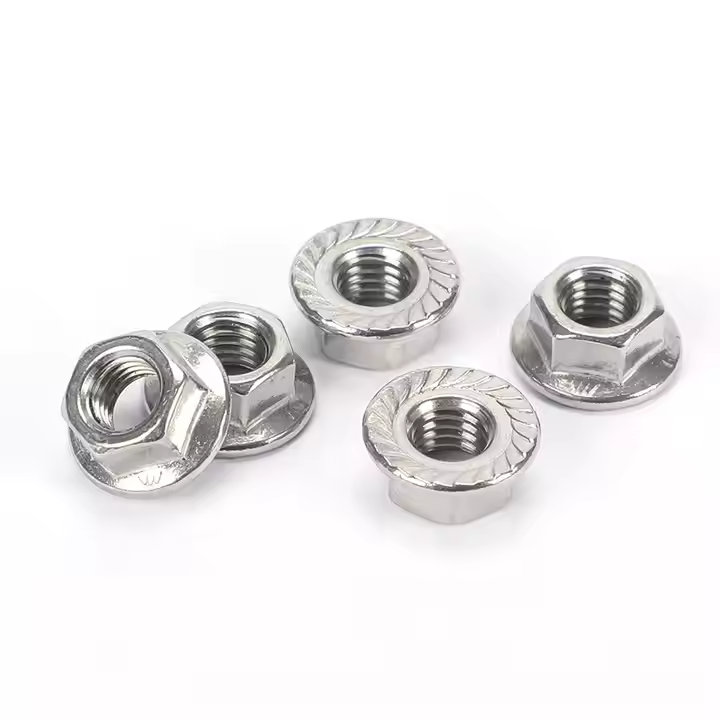
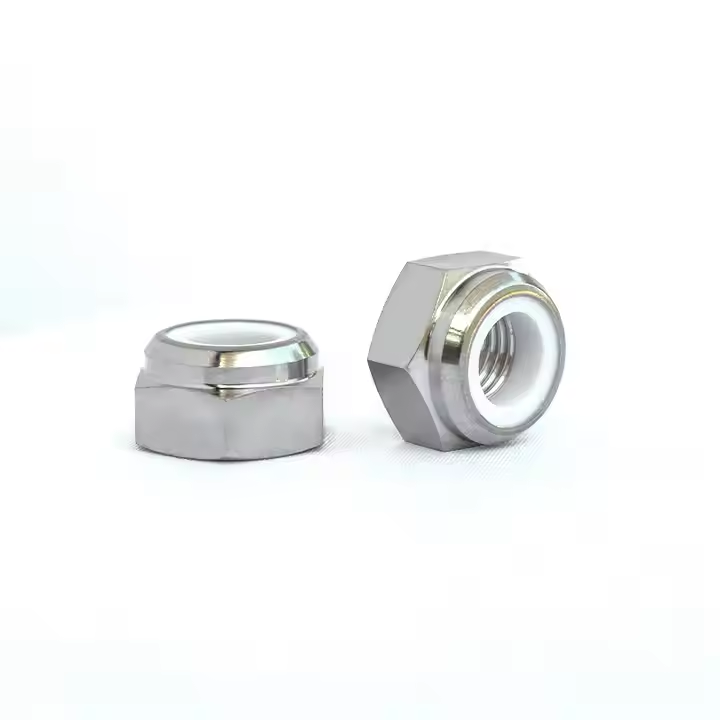
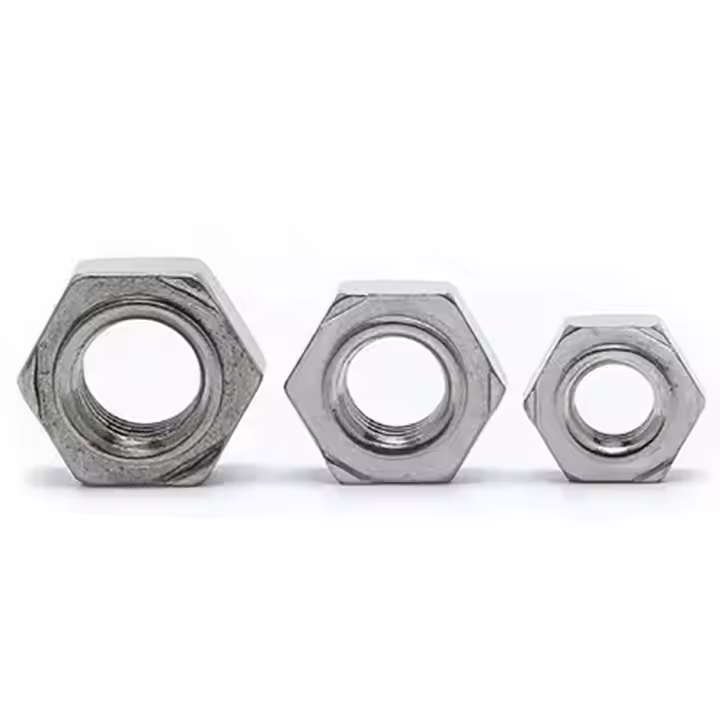

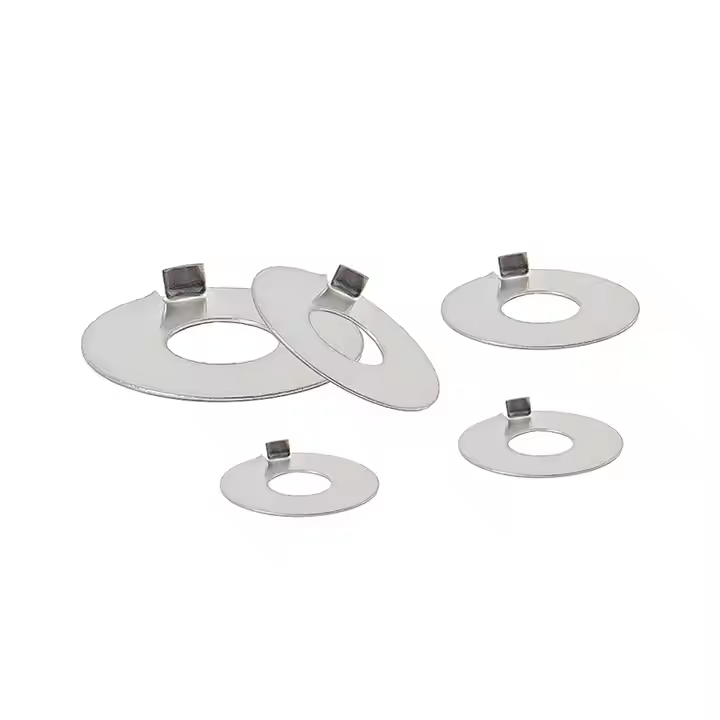
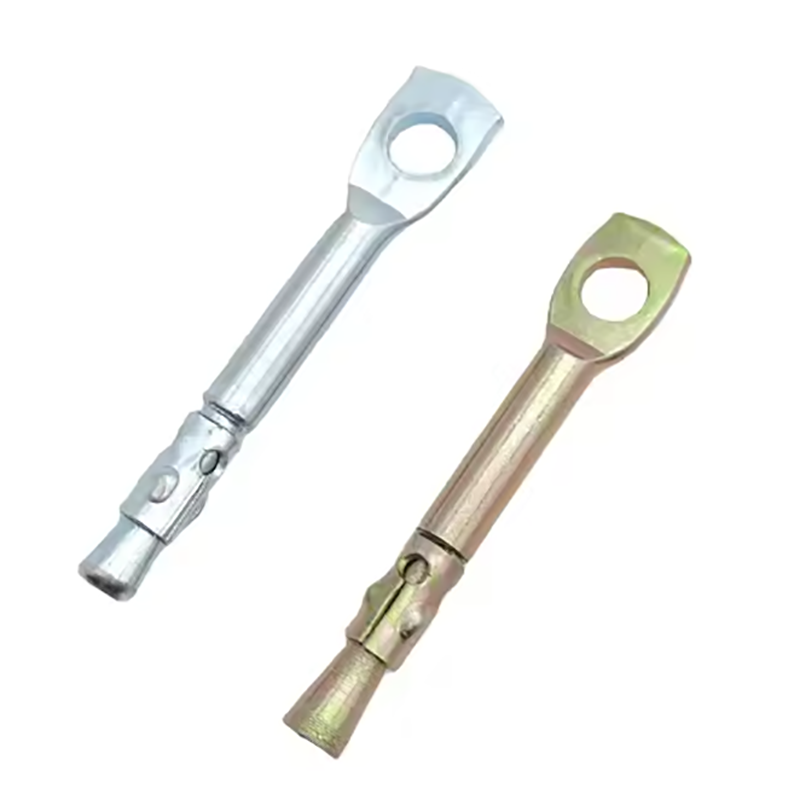
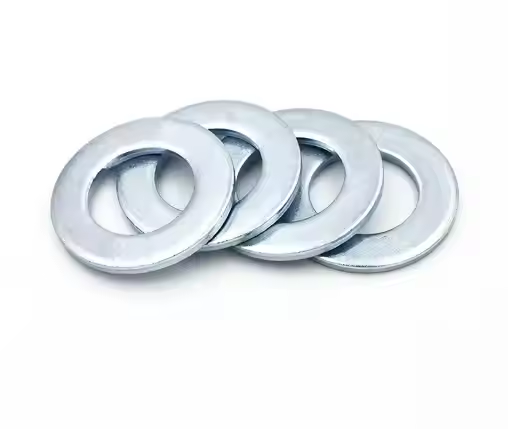

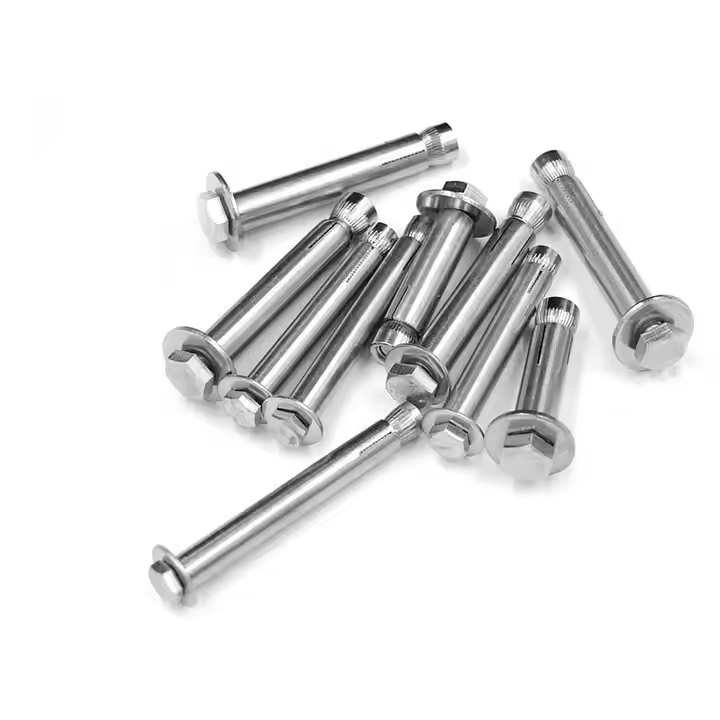
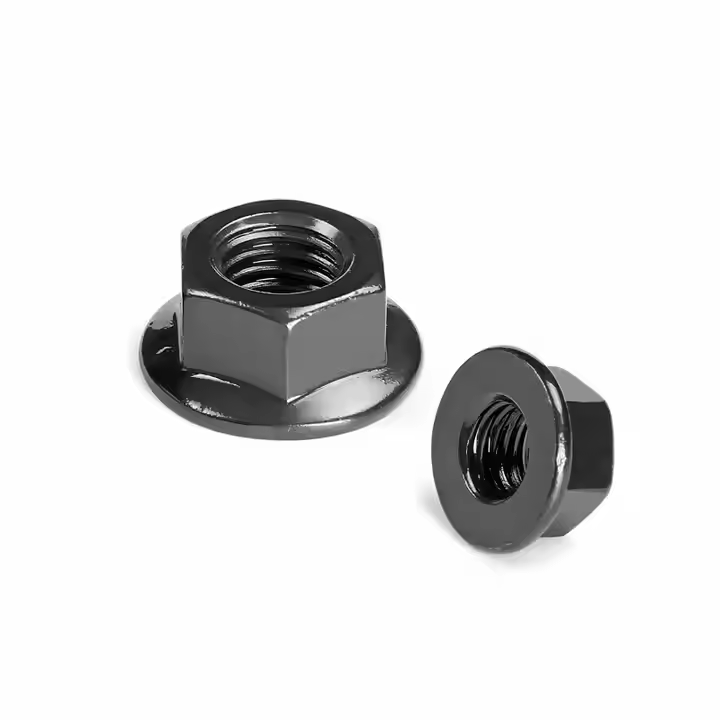

Please enter your email address and we will reply to your email.